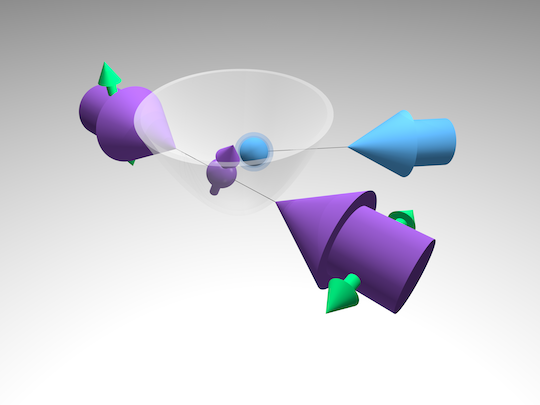
Bright, twisted light can be produced with technology similar to an Edison light bulb, researchers at the University of Michigan have shown. The finding adds nuance to fundamental physics while offering a new avenue for robotic vision systems and other applications for light that traces out a helix in space.
“It’s hard to generate enough brightness when producing twisted light with traditional ways like electron or photon luminescence,” said Jun Lu, an adjunct research i...
Read More









Recent Comments